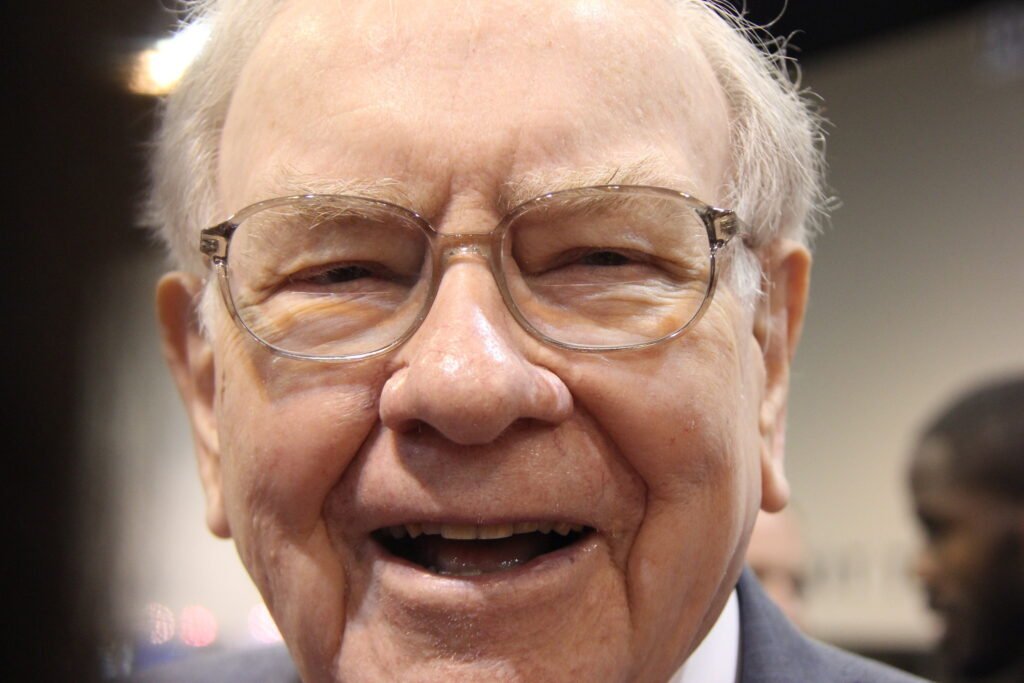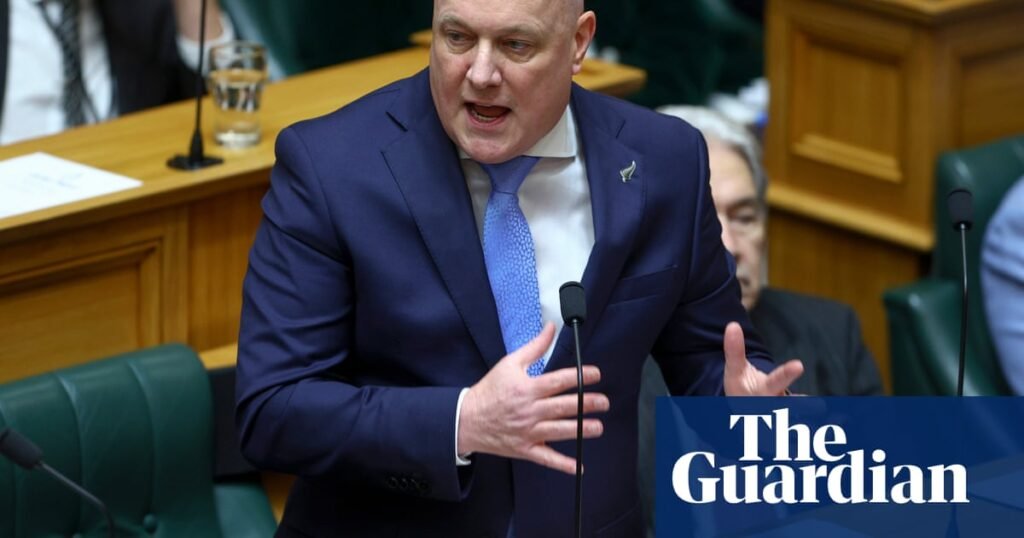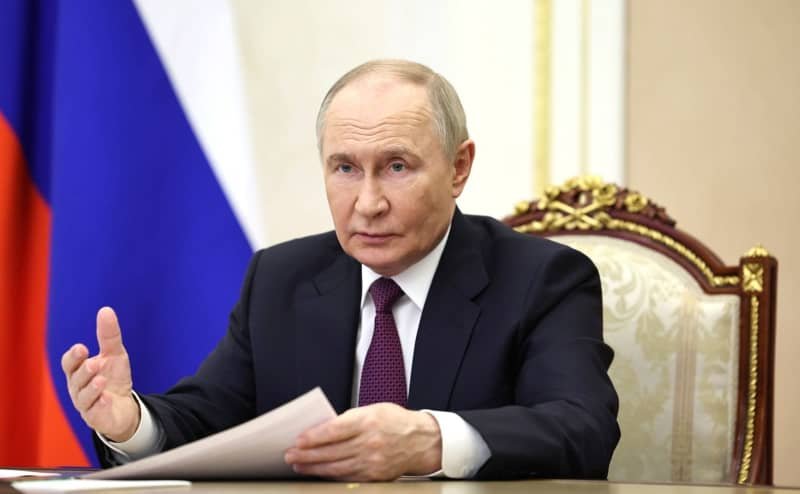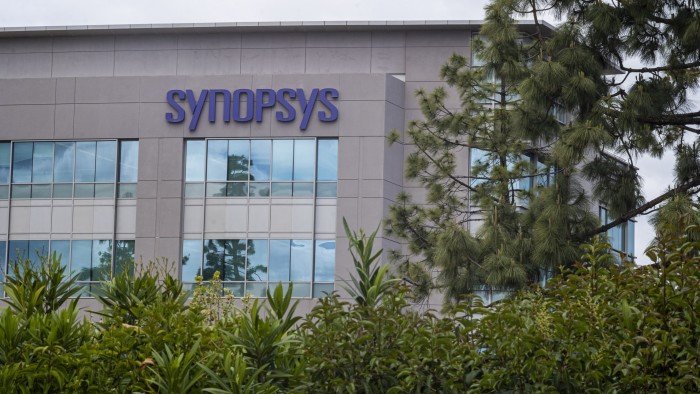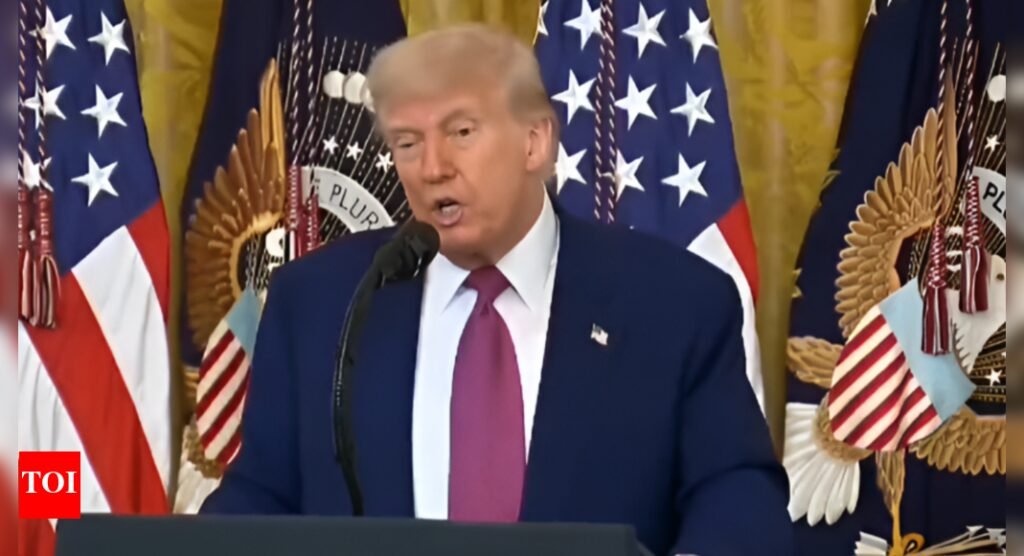North Korean leader Kim Jong Un, in a message to Russian President Vladimir Putin, assured that his country will always support Moscow, state media KCNA reported on Thursday.
Calling Putin his “dearest comrade”, Kim praised North Korea-Russia bilateral relations in a message for Russia Day. “It is an unshakable will of the government of the DPRK and of my own steadfastly to carry on the DPRK-Russia relations,” Kim was quoted as saying.
“Today the traditional DPRK-Russia friendship has been further cemented thanks to the militant comradeship the service personnel of the two countries have forged at the cost of their blood in the just sacred war to defend the sovereignty and territorial integrity of Russia; it has developed into an excellent model of indestructible, genuine relationship between comrades-in-arms and alliance,” he added.
North Korea’s military support to Russia
After months of silence, Pyongyang confirmed for the first time that it had sent troops to fight for Russia in the war in Ukraine under orders from leader Kim Jong Un earlier this year.
The North Korean leader has consistently supported Russia.
Earlier that Kim Jong Un promised to unconditionally support Putin.
During a meeting in Pyongyang with Sergei Shoigu, a leading security aide to Putin, Kim stated that North Korea will “unconditionally support” Russia and “its foreign policies on all significant international political matters,” KCNA reported. Both countries agreed to enhance their ties “into the powerful and comprehensive relations of strategic partnership,” it noted.
In 2024, North Korea “transferred to Russia at least 100 ballistic missiles, which were subsequently launched into Ukraine to destroy civilian infrastructure and terrorise populated areas such as Kyiv and Zaporizhzhia,” reported Bloomberg News citing a report by a report by 11 countries, including the United States, Australia, the United Kingdom, Canada and Japan.
The report also informed that Pyongyang “deployed over 11,000 troops into eastern Russia in late 2024, which were moved to the far-western Kursk Oblast where they began engaging in combat operations alongside Russian forces in support of Russia’s war against Ukraine.”

